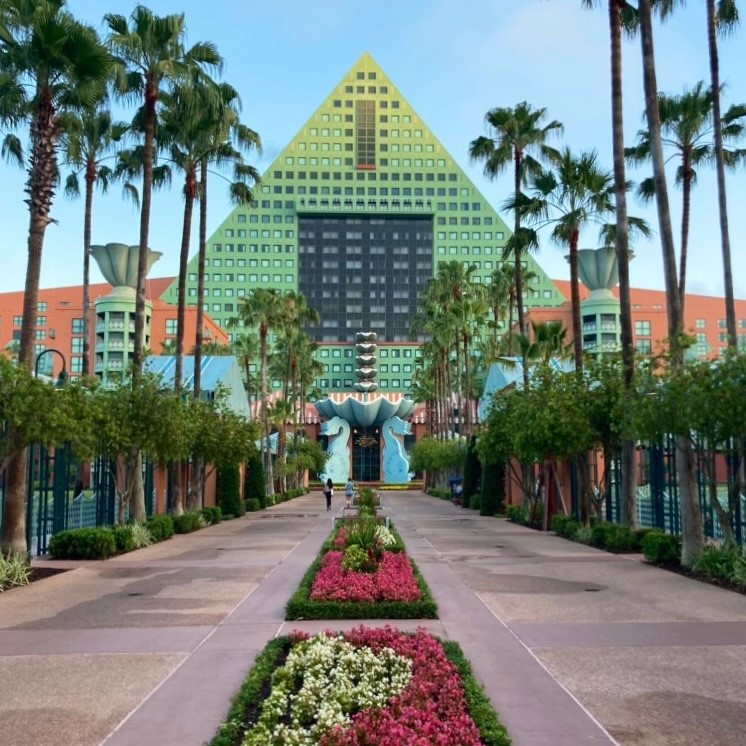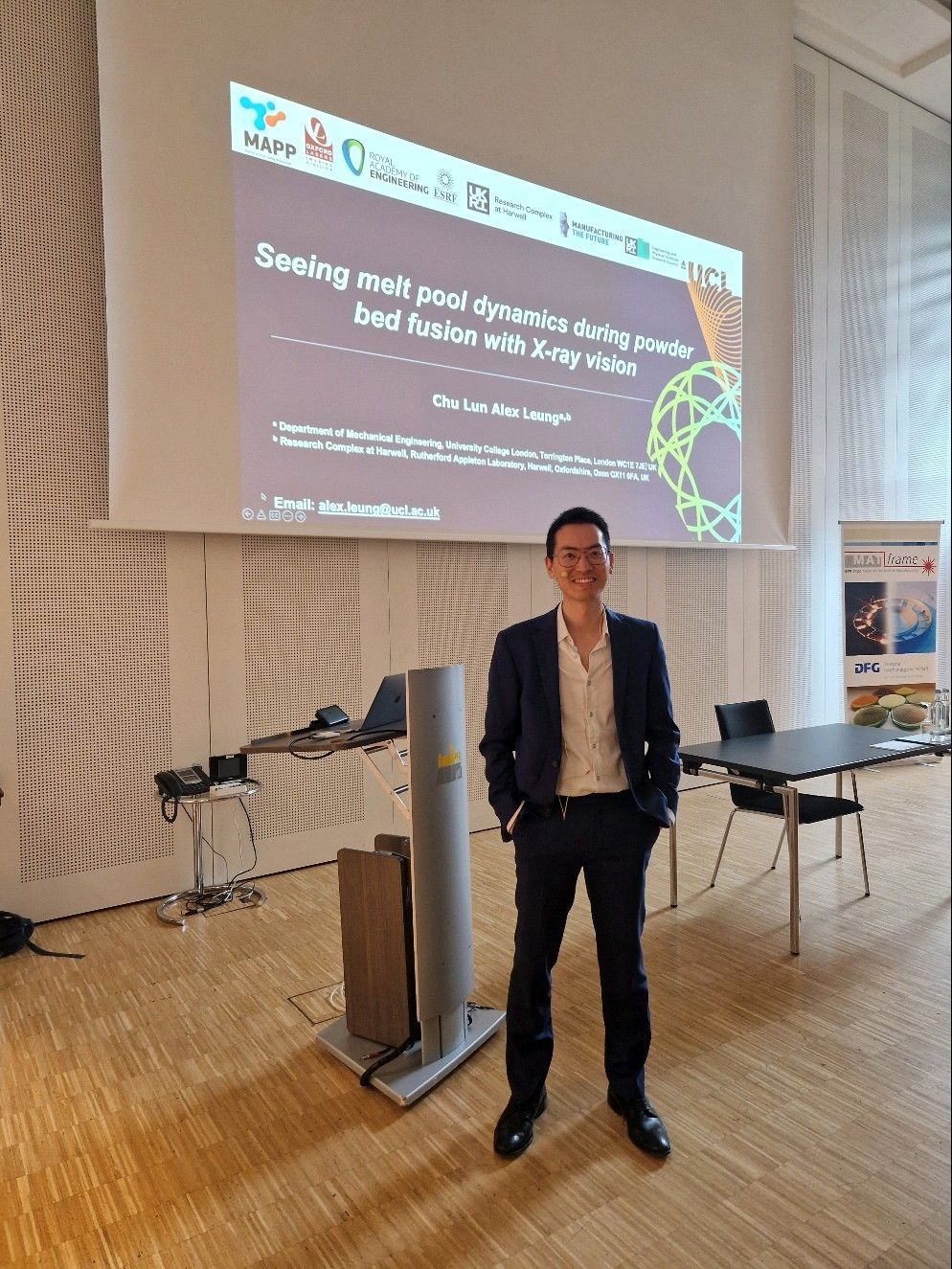All Views /
Views:
MAPPing a way through the lockdown
by Karen Wood – MAPP Project Manager
Whilst our researchers have been forced away from their labs and equipment for four months, as a project manager of a large consortium I have had to find new ways of keeping us all connected to the research programme and to each other.
Initially, of course, I don’t think any of us appreciated how long it would be until we could resume normal service, and the adjustment to our new working lives took some time to bed in.
As a large Future Manufacturing Hub, we are used to engaging with each other at our own institution sites as well as coming together as a cohort at least quarterly.
With the programme led by Sheffield and working with partners at Imperial College London, University of Leeds, University of Manchester, University of Oxford and University College London we are accustomed to rushing around the UK to attend meetings, use specialist facilities or share expertise. So what can we do when all those aspects are suddenly removed from our project?
Well, quite a lot actually! As a research programme investigating advanced powder and process design, our researchers generate a huge amount of data from in-process monitoring, machine learning and modelling, for example, so there has been a lot of data crunching that has been achieved from laptops at home.
We also used the opportunity to help our early career researchers identify what personal development and training they might require to help them achieve all they want. Using the Researcher Vitae Framework and mapping this against Chartership options we introduced them to the routes and opportunities available by holding interactive sessions on Blackboard (BB) Collaborate.
We also provided all MAPP and aligned researchers the opportunity to access online courses to develop skills in various aspects such as leadership, writing applications, research integrity and many others. Making the most of forced time away from the lab, meant that motivation could be maintained as something was being achieved.
Building on the first session, we then set up regular ‘Researcher Sessions’ on BB Collaborate. These virtual sessions took the place of our usual face-to-face quarterly meetings, and the subject of each was set by the researchers themselves. Consisting of a couple of peer-to-peer presentations, alternating between partners’ sites, these monthly meetings also provide the opportunity to share information and provide project updates. There is a real rhythm to these sessions now and they go from strength to strength.
As has been the case for many this year our 2nd International Conference had to be postponed and also the poster session and industry briefing that we planned to run alongside it. We felt it was still important to provide updates on our research, so instead, our industry meeting moved online too, with presentations from all our grand challenge themes and there was plenty of interaction from the delegates.
An organising group of research associates and postgraduate researchers also took on the responsibility of organising a follow-up virtual poster session after the industry briefing. More than 30 posters were presented, each their own ‘room’ where visitors could move around freely to discuss the topics they were interested in.
We have held ‘one-off’ virtual workshops on aspects such as mental health awareness, as well as more ‘sciencey’ exchanges. Research groups have moved their lab meetings on-line and virtual tea breaks have become the norm.
Several of our researchers and investigators have found time to write fellowship applications, write research papers and apply for funding, in some cases whilst also realigning their teaching and mentoring to the blended teaching environment the universities will face in the new academic year.
Others have been involved in different aspects of the fight against Covid-19.
As universities take the first tentative steps to re-opening research labs, there is time to reflect. Whilst there have been many challenges to overcome (not least my unreliable internet connection), there have been many wins too. Catching a busy academic for a quick chat is much easier when no travelling is involved, stress levels from being stuck in traffic are far reduced and many of us have learnt to embrace the ‘new norm’.
A lot of what we do in MAPP hasn’t been fully possible without access to labs and equipment, but many other aspects have. It has definitely been possible to connect with everyone across our network and I believe we will work smarter in future because of our experience during this time.
More:
Views
-
Joint Thai-UK research project to exchange knowledge and upskill Thai academics and engineers in optical manufacturing.
-

-

